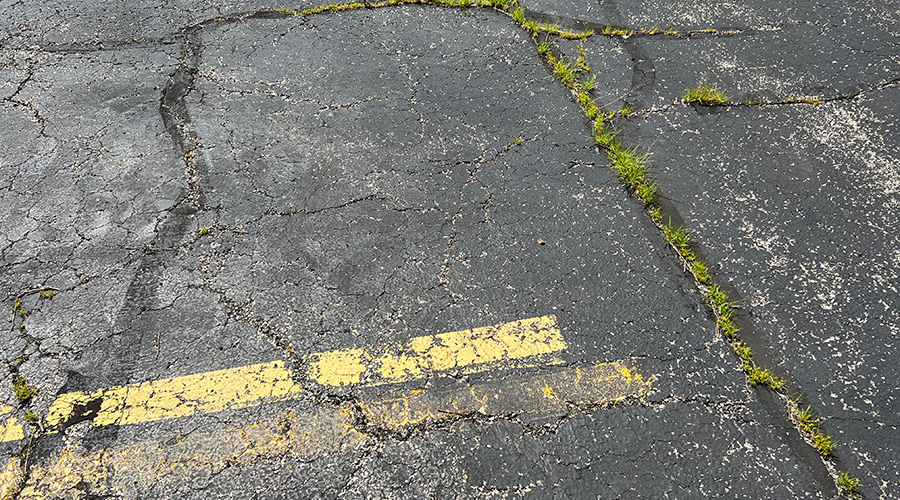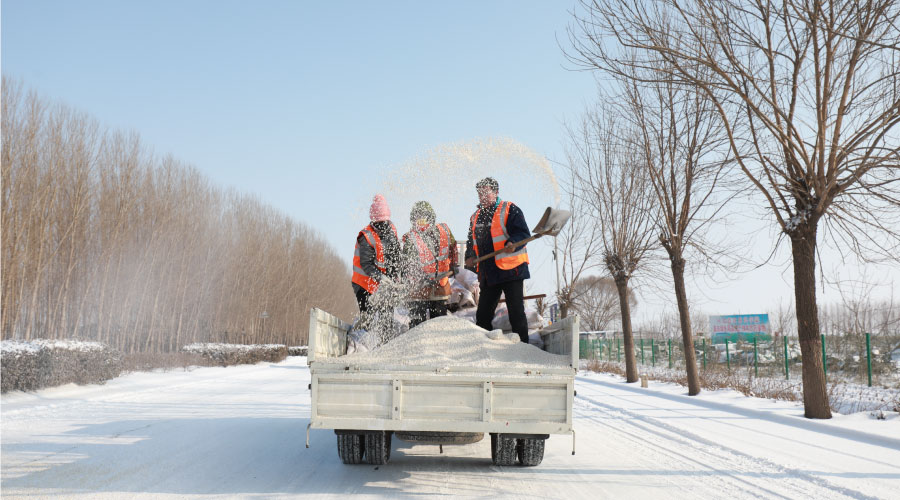Consider Lifecycle Costs When Purchasing Grounds Equipment
In addition to key features and functions, managers specifying mowers, utility vehicles, and other big-ticket grounds equipment must look beyond initial cost of the machines and focus on long-term considerations — a step in the process that manufacturers can provide help.
“If you look at a piece of equipment that costs $1,000 more initially but will cost you $3,000 less over the life of the equipment, then that $1,000 expense is best spent in the initial purchase,” Arlington says. “But there are a lot of people that are not looking at that. Always replacing belts, having to change the oil more frequently, different things like that add to the expense of owning the equipment. Most manufacturers today have all that analysis already done. If (grounds managers) start asking for that up front, it will better help them make a decision about what to buy.”
Equipment manufacturers can provide support throughout the specification process.
“Before you start looking at specific pieces of equipment, you have to identify what equipment works for the grounds you’re caring for,” Hutcheson says. “You don’t want to over-specify or under-specify, and that goes back to local dealer support. I look for the dealer to help specify the type of equipment that will make me the most efficient, and work on the grounds that I’m taking care of. Specifying the right size equipment for the job is crucial before you start the job.”
Manufacturer support also should include providing training for equipment operators.
“A grounds manager can get a 72-inch mower and think, ‘We can reduce our cut time in half,’ then give it to a person who has no idea who to control two different levers, and you find out it’s not working well,” Arlington says. “Training does play a big part, and manufacturers provide that resource. They have training videos, and the local dealer will come out to your site and train your staff because it’s in their best interests to make sure you’re happy with the equipment.”
Related Topics:














